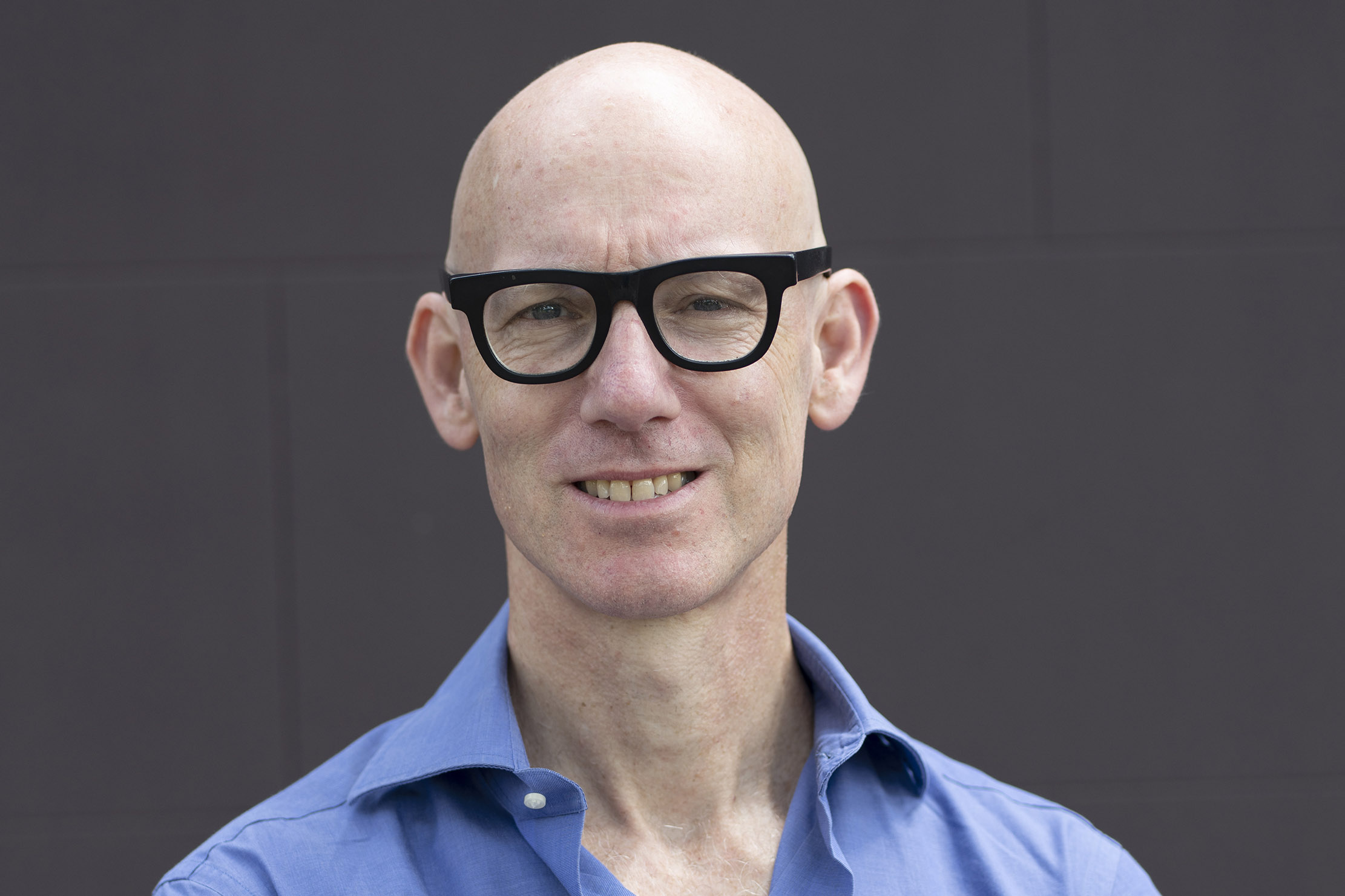At the end of World War II, world leaders and activists set out to establish new international standards, laws and treaties in the hope of preventing future crimes like those perpetrated by Nazi Germany. The Allies resolved to prosecute German leaders for conspiracy to commit crimes against peace, war crimes and crimes against humanity. This was also the time when Raphael Lemkin — a Jewish-Polish lawyer — coined the concept of genocide. Despite Lemkin’s efforts, it hardly featured in the Nuremberg Trials because crimes against humanity covered the same offenses. The two concepts now coexist, but genocide’s definition and use has been hotly contested ever since.
Highly-acclaimed historian and author Dirk Moses will make a presentation on “Inventing Genocide: The Contingent Origins and Meaning of a Concept” on Wednesday, April 10, at the University of California San Diego’s Holocaust Living History Workshop (HLHW), a collaboration between the UC San Diego Library and the university’s Jewish Studies Program. The event, sponsored by Michelle and William Lerach, will take place from 5:30 to 7 p.m. at the Atkinson Hall Auditorium on the UC San Diego campus, preceded by a public reception starting at 4:30 p.m. The event is free and open to the public, however, reservations must be made in advance at hlhw-moses.eventbrite.com.
Moses is a professor of modern history and director of the undergraduate program in International and Global Studies at the University of Sydney, Australia. He is currently a visiting professor at the University of Pennsylvania. Moses has written extensively about genocide, memory and global history. His first book, “German Intellectuals and the Nazi Past,” was awarded the H-Soz-u-Kult Historical Book of the Year prize for contemporary history. Other recent works by Moses include the anthologies “Postcolonial Conflict and the Question of Genocide: The Nigeria-Biafra War, 1967–1970” (Routledge, 2018) and the “Holocaust in Greece” (Cambridge, 2018).
Between 2011 and 2016, Moses held the Chair of Global and Colonial History at the European University Institute in Florence, Italy. Over the years, Moses has had many fellowships at prestigious universities and organizations, such as the Woodrow Wilson International Center for Scholars in Washington, D.C., the United States Holocaust Memorial Museum, the University of Freiburg, the Hebrew University of Jerusalem, the University of Cologne, and the Potsdam Center for Research into Contemporary History.
Moses was educated at the universities of Queensland (B.A.), St. Andrews (M.Phil.), Notre Dame (M.A.) and UC Berkeley (Ph.D.). He currently serves as the senior editor of the “Journal of Genocide Research” and as co-editor of the “War and Genocide” book series for Berghahn Books.
In addition to the lecture on April 10, the remaining installments in the 2018-19 Holocaust Living History Workshop series include:
May 10 — I am Lubo: A Hidden Life with Louis Pechi
The Lou Dunst Memorial Lecture
Born in the Croatian city of Zagreb, Louis “Lubo” Pechi was seven years old when the Germans invaded Yugoslavia. In response to the mounting anti-Semitic repression and strict laws prohibiting Jews from traveling, the Pechis converted to Catholicism and changed their identities in hopes of finding safety in Italy. While the Pechi family managed to escape to Rome, a series of unexpected events followed, marking a lengthy journey of survival for Lubo. Decades later, he began the arduous process of recovering the memories of his hidden life by writing his memoir “I Am Lubo: A Child Survivor from Yugoslavia,” the contents of which will guide this lecture. Registration is required at hlhw-pechi.eventbrite.com.
June 5 — Nazi Perpetrators: Ordinary Men or Hitler’s Minions? with Christopher Browning
Sponsored by Judi Gottschalk
Every once in a while a book comes along that changes the way we think about major issues. More than 25 years ago, the publication of Christopher Browning’s “Ordinary Men: Reserve Police Battalion 101” and the “Final Solution in Poland” did just that. Meticulously researched and eloquently argued, “Ordinary Men,” asserted that the men who helped commit genocide during WWII were neither fanatical ideologues nor bloodthirsty beasts but simply ordinary men operating within the context of a vicious race war. These findings which draw on insights from social psychology transcend the merely historical and carry disturbing implications for human beings everywhere. In this talk, Browning revisits his pioneering book and discusses the evolution of perpetrator studies up to the present. Registration is required at hlhw-browning.eventbrite.com.
All lectures will be held in Geisel Library’s Seuss Room with the exception of the April 10 workshop. Doors open at 5 p.m. Admission is free but registration is required, online or by phone, (858) 534-1183.
For more information about UC San Diego’s Holocaust Living History Workshop, visit library.ucsd.edu/hlhw or contact Susanne Hillman at (858) 534-7661.

